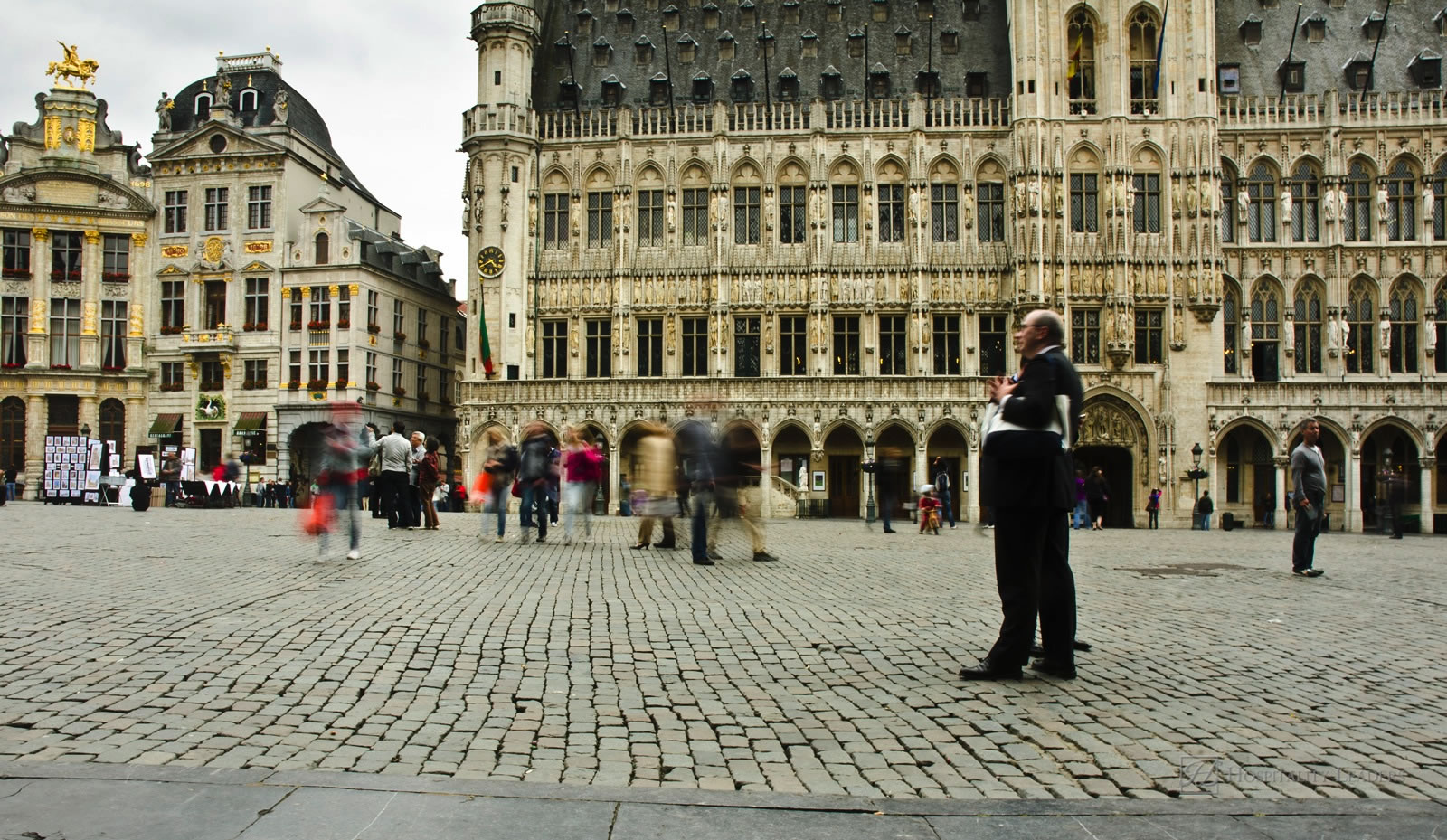
The report provides detailed market analysis, information and insights, including:
– Historic and forecast tourist volumes covering the entire Belgian travel and tourism sector
– Detailed analysis of tourist spending patterns in Belgium
– The total, direct and indirect tourism output generated by each sector within the Belgian travel and tourism sector
– Employment and salary trends for various categories in the Belgian travel and tourism sector, such as accommodation, sightseeing and entertainment, foodservice, transportation, retail, travel intermediaries and others
– Detailed market classification across each industry, with analysis using similar metrics
– Detailed analysis of the airline, car rental, hospitality and travel intermediaries industries
Summary
The total contribution of the Belgian travel and tourism sector to the nation?s GDP measured 5% in 2011 according to the World Travel and Tourism Council (WTTC). In addition, the sector accounted for 236,000 jobs, representing 5.1% of the country?s total employment in 2011. During the review period (2007?2011), the total number of trips undertaken by residents, both?domestic and international, increased from 11.4 million in 2007 to 13.5 million in 2011, registering a compound annual growth rate (CAGR) of 4.38% during the review period. While outbound trips increased at a review-period CAGR of 5.71%, inbound and domestic tourism registered respective CAGRs of 1.15% and 0.43% due to economic recession.
Scope
This report provides an extensive analysis related to tourism demands and flows in Belgium:
– It details historical values for the Belgian tourism sector for 2007?2011, along with forecast figures for 2012?2016
– It provides comprehensive analysis of travel and tourism demand factors with values for both the 2007?2011 review period and the 2012?2016 forecast period
– The report makes a detailed analysis and projection of domestic, inbound and outbound tourist flows in Belgium
– It provides employment and salary trends for various categories of the travel and tourism sector
– It provides comprehensive analysis of the airline, car rental, hospitality and travel intermediaries industries with values for both the 2007?2011 review period and the 2012?2016 forecast period
Key Highlights
– The Belgian travel and tourism sector increased at a decelerated pace during the review period, declining in 2009 due to recession. Outbound volumes continued to increase throughout the review period, albeit at a decelerated pace.
– A well-developed transport infrastructure is one of the most important contributors to the growth of domestic tourism in Belgium. Reduced travel time and low transportation costs play a key role in spurring growth in domestic tourism.
– Inbound tourism to Belgium increased at a CAGR of 1.15% during the review period in which 2009 registered a decline at a rate of 5% and 2010 registered the highest growth rate of 5.4%. Furthermore, 2011 recorded a decelerated growth rate of 2.6% as compared to 2010 due uncertain economic conditions.
– The majority of outbound trips were to countries such as France, the Netherlands, Spain, Italy and Turkey. The US, UAE and Saudi Arabia were the other key outbound destinations for Belgians during the review period.
– Fuel costs constitute a key proportion of the total operating costs for airlines. Consequently, fluctuating and ever increasing fuel costs are a key concern for airline companies. In Belgium, fuel cost is dependent on the exchange rate, international market conditions and geopolitical situations.
– The Belgian hotel market was among the hardest hit by the debt crisis in the Eurozone. The subsequent recovery has led to an increase in domestic and inbound tourist volumes, which also increased the demand for hotels.
– The car rental market?s performance declined in 2009 and 2010 due to the low growth of inbound tourist volumes. Inbound arrivals were impacted primarily because of the Eurozone debt crisis. The significant rise in oil prices also impacted revenues in 2011.
– The travel intermediaries industry in Belgium is expanding rapidly, due to the country?s improving economy and rising tourism levels. The industry suffered due to a decrease in tourist volume in 2009 mainly because of the global economic crisis and Eurozone debt crisis. However, the industry recovered and registered renewed growth in 2010, following the country?s rising tourist volume.
Click here to read more.

